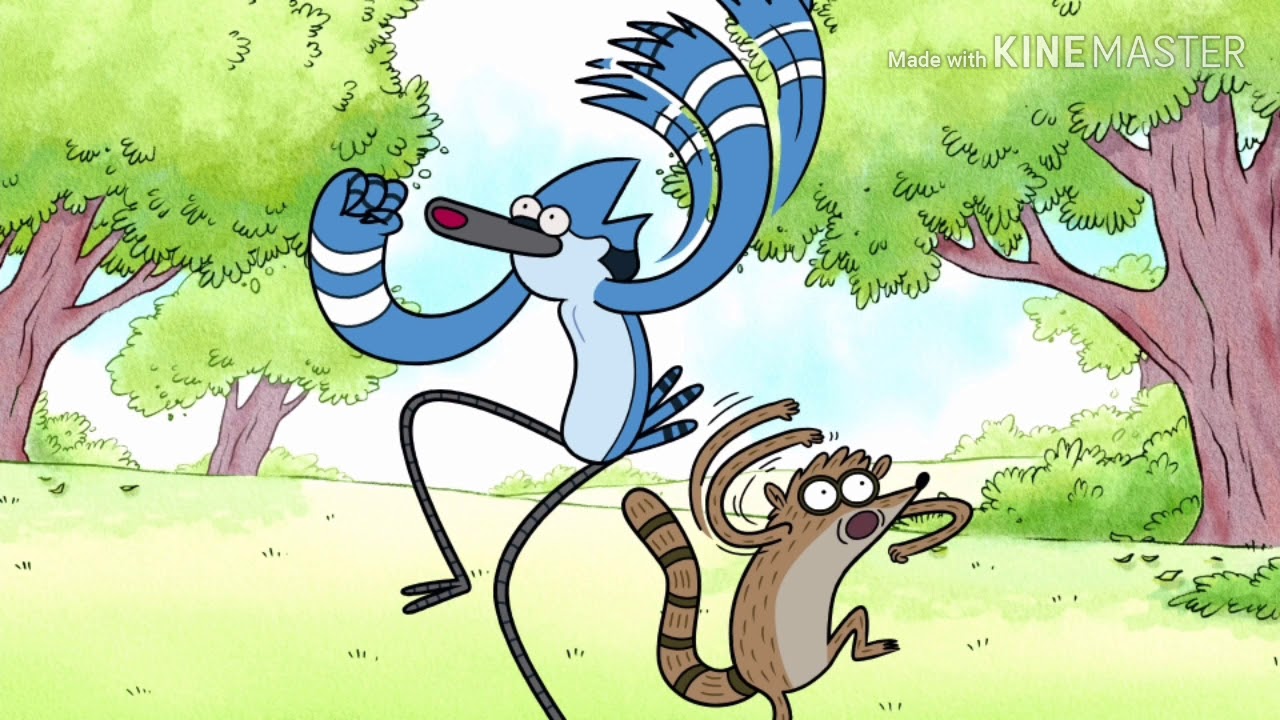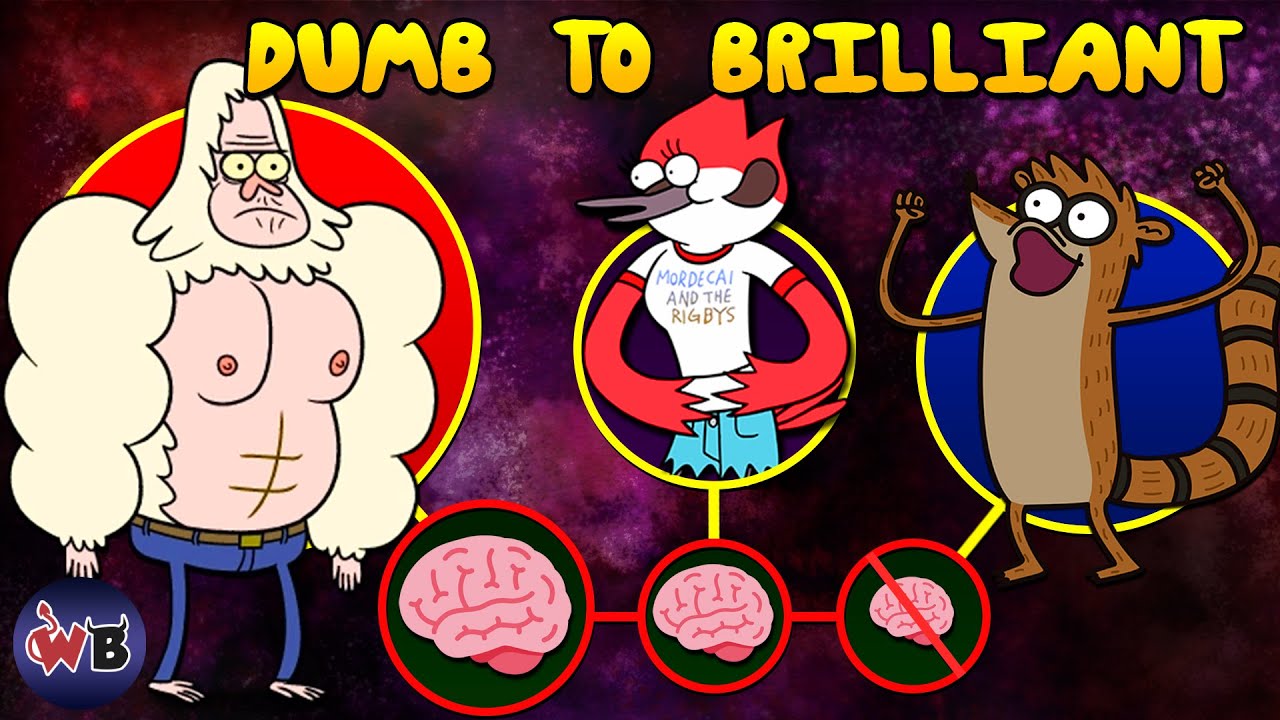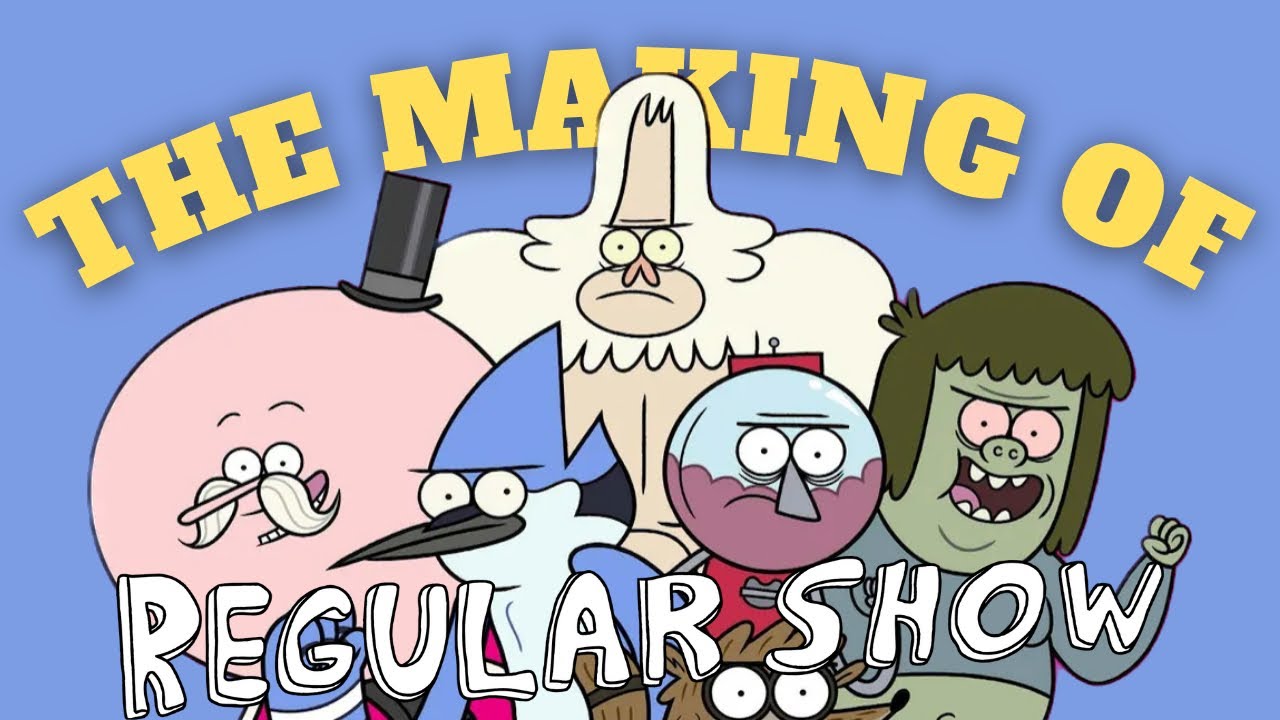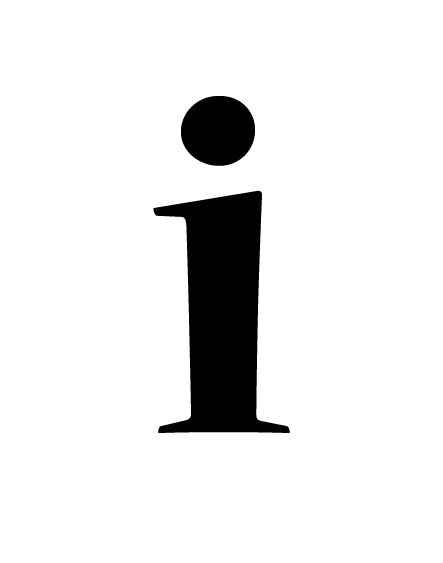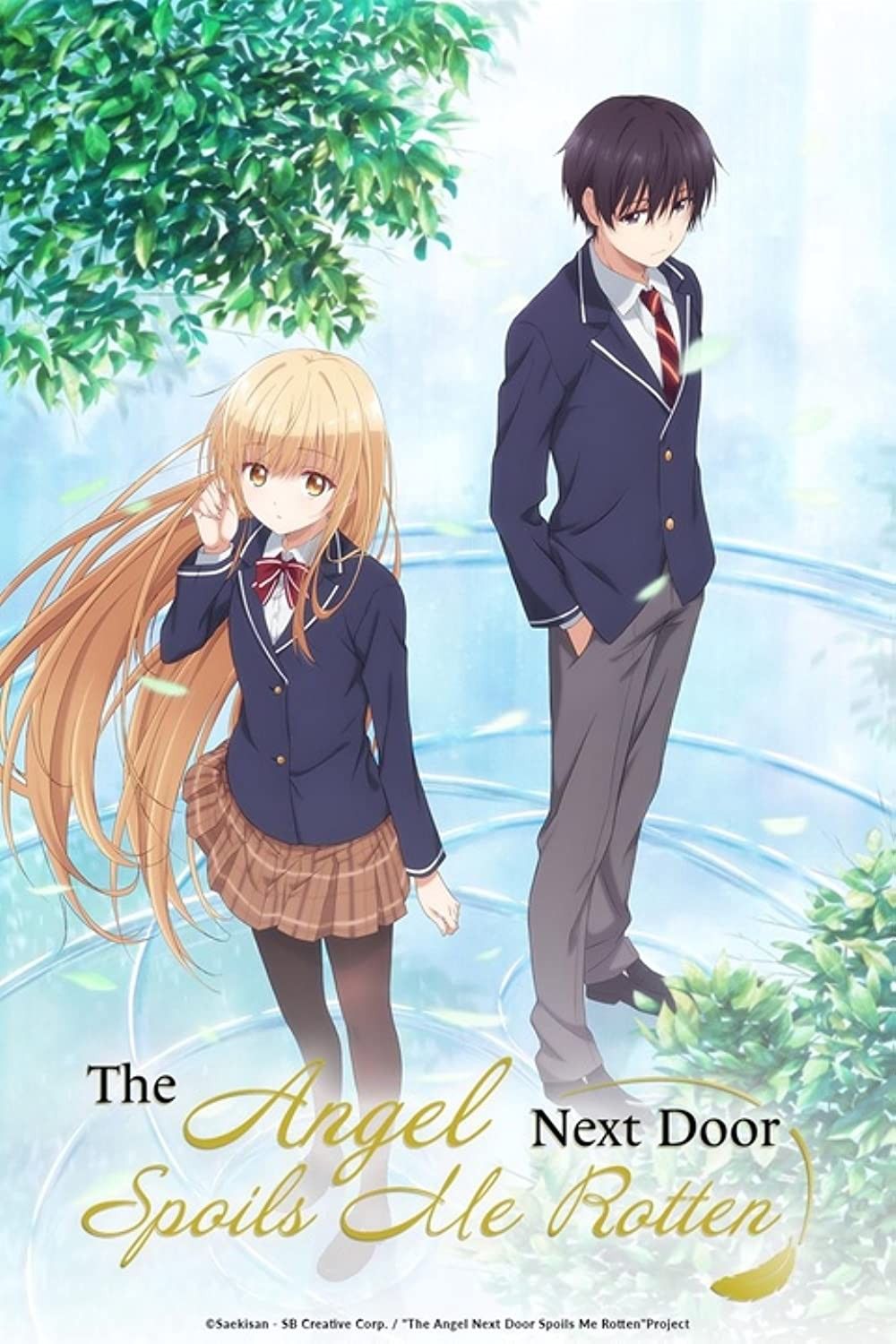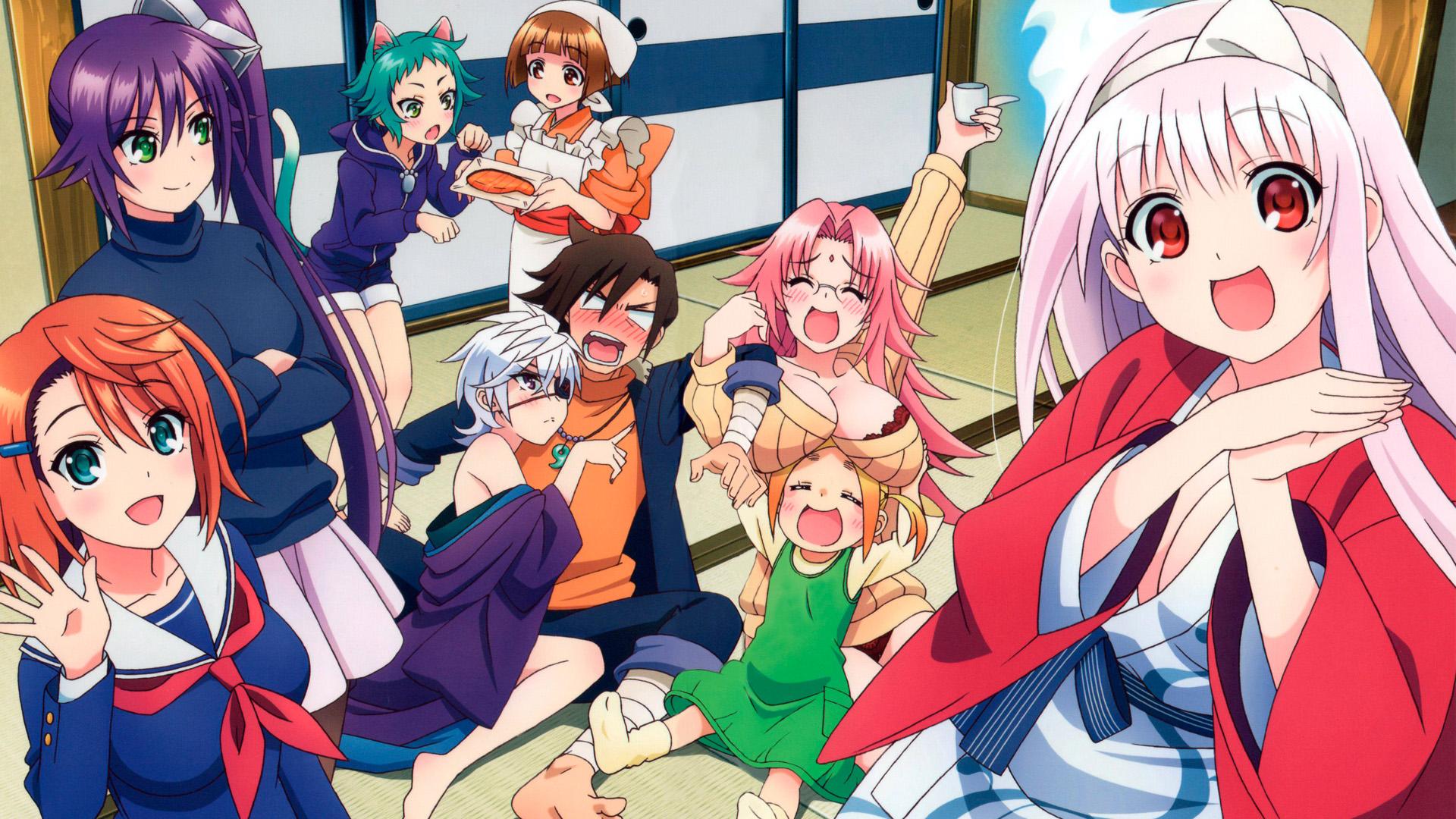Why is it Called 'Regular Show'? The Story Behind the Title
Regular Show, the Emmy Award-winning animated series that captivated audiences with its surreal humor and relatable characters, boasts a title that seems almost ironic given its often outlandish storylines. If you've ever wondered why a show featuring talking animals, interdimensional travel, and high-stakes arcade games is called "Regular," you're not alone. The answer, as with much of the show's charm, is layered with meaning and backstory.
The Initial Concept: A Glimpse into Creator J.G. Quintel's Life
To understand the title, we need to delve into the origins of the show. Creator J.G. Quintel initially envisioned Regular Show as an animated version of his own experiences working at a park. He wanted to capture the boredom and mundanity of everyday life, the kind of jobs where you clock in, perform repetitive tasks, and count down the minutes until the end of your shift. This feeling of "regularity," of the predictable and uneventful, was a key element he wanted to translate onto the screen.
Think back to your own first job or the summer jobs you had in your youth. Did you ever spend more time daydreaming about adventures and fantastical scenarios than actually completing your work? Quintel certainly did, and this forms the foundation of Regular Show's premise. It is the ordinary nature of Rigby and Mordecai's park jobs that allows the insane and magical scenarios to happen. Think of it as a pressure release: the more tedious the job, the wilder the escape.
The Intention Behind the Irony
The title Regular Show is deliberately ironic. It's a playful juxtaposition between the humdrum reality of the characters' lives and the extraordinary events that unfold around them. The very ordinariness of the title sets the stage for the unexpected. It's a signal to the audience that while the show might appear "regular" on the surface, it's anything but.
The irony highlights the central theme of escapism. Mordecai and Rigby, stuck in their dead-end jobs, constantly seek ways to break free from the monotony. Their escapades, fueled by boredom and a desire for excitement, often lead to chaos and destruction, but they also provide a sense of purpose and adventure, however brief. It becomes less about the regularity, and more about how we avoid, ignore, and battle regularity.
The Significance of "Regular"
Beyond the irony, the word "regular" also speaks to the relatability of the show. Despite the talking animals and supernatural occurrences, Regular Show resonated with audiences because it captured the universal experience of feeling stuck, of wanting more out of life. The characters' struggles with work, friendships, and romantic relationships are all grounded in reality, making them relatable to viewers of all ages. In fact, one of the main reasons people watch the show is because they like the characters and find themselves in them.
The word "regular" also highlights the cyclical nature of the show's plotlines. Mordecai and Rigby often find themselves in similar situations, repeating patterns of behavior and learning (or not learning) from their mistakes. This repetition, while sometimes frustrating for the characters, mirrors the cyclical nature of real life, where we often find ourselves facing the same challenges and making the same choices.
The Impact of the Title on the Show's Identity
The title Regular Show played a crucial role in shaping the show's identity and appeal. It served as a constant reminder of the show's central theme of escapism and the contrast between the ordinary and the extraordinary. It also helped to establish the show's unique tone, blending humor, action, and heart in a way that was both entertaining and thought-provoking.
The show's writing and animation style further reinforced this concept. The characters' designs are relatively simple, reflecting their ordinary lives. However, the animation often becomes fluid and dynamic during the more fantastical sequences, emphasizing the contrast between the mundane and the magical. The same can be said for the character development. The growth of Mordecai and Rigby is rather linear and realistic, but it is constantly challenged by the strange scenarios that they encounter.
Was There Ever a Different Title in Mind?
The title for the show was not always Regular Show. Initially, J.G. Quintel considered using the title "Park", referencing the setting where much of the action takes place. While "Park" was more straight-forward, Quintel believed the title did not give the show enough uniqueness. After some thought, and because he wanted to capture the feeling of everyday life, Quintel decided to go with Regular Show instead.
More Than Just a Name
In conclusion, the title Regular Show is far more than just a name. It's a deliberate choice that reflects the show's themes, tone, and identity. It is a playful reminder that even in the most ordinary of circumstances, there's always the potential for something extraordinary to happen. It is an invitation to escape the mundane and embrace the unexpected. The show is about friendship, growing up, and of course, the absurdity of life itself. So next time you watch an episode of Regular Show, remember that the title is not just a label, but a key to unlocking the show's hidden depths. Take note the next time you're bored at your work or school, because life, just like the show, has more to offer than what meets the eye.
